Category: Archives
-
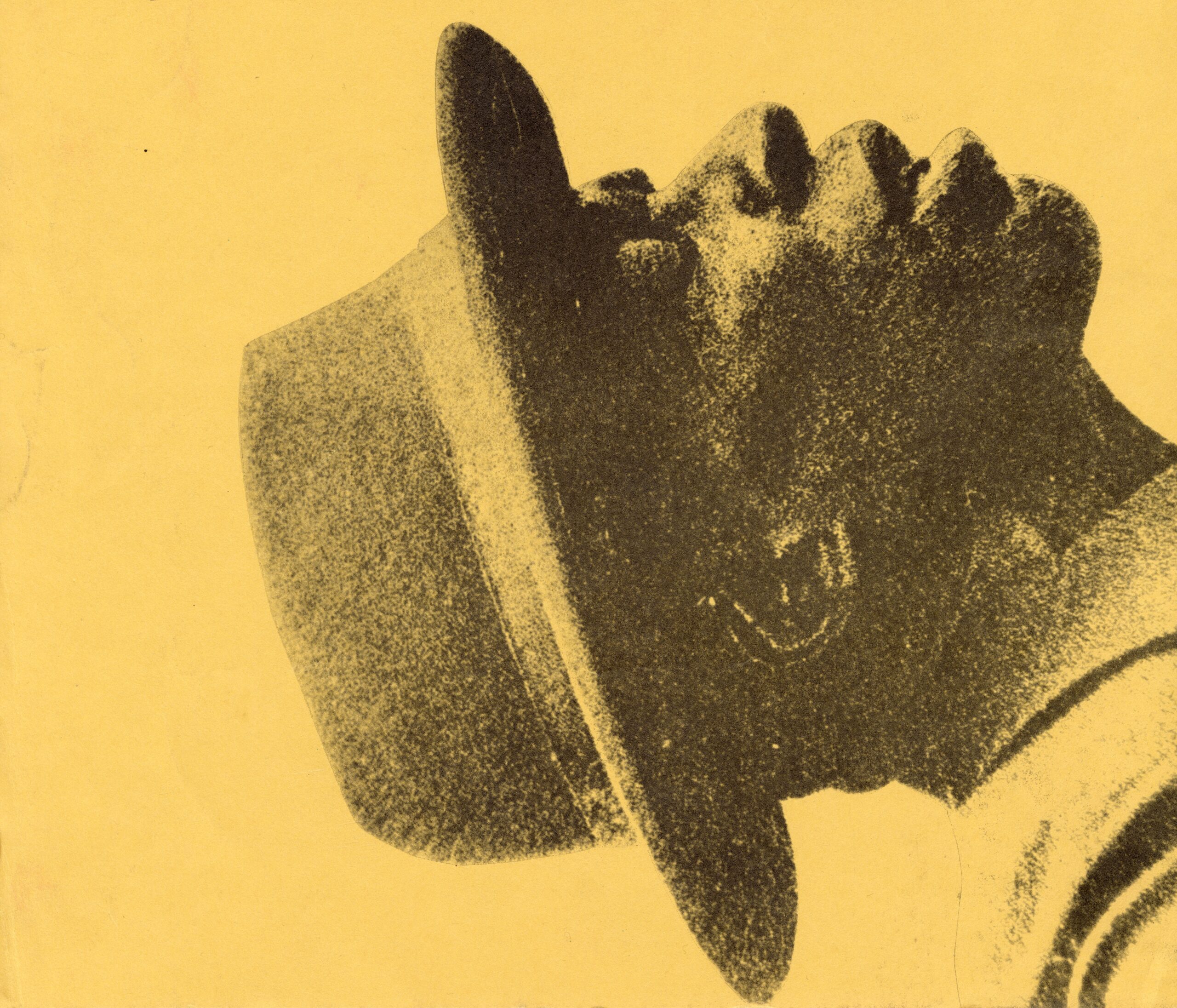
“They Won’t Bite, They’re Just People:” Bringing Blues and Folk to Reed
From the 1950s through the 1980s, a steady stream of talented blues and folk artists came through Reed College. With the folk music revival in the ‘50s and the blues revival in the ‘60s, there was no lack of skilled artists across the country. Reed drew in dozens of artists, from smaller local musician Mike…
-

Poetland: The Work and Art of the Beat Poets
Tracing their roots to New York City and San Francisco a group of poets, known as the Beat Generation, were actively causing a ruckus during the mid to late 1950s. They were often thought to be a precursor to the 1960s counterculture movement and were interested in experimental drugs, the natural world, Zen Buddhism, and…
-

Scratching the Surface: One Reedie’s Work with Vanport and the Girl Scouts of America
By Ronan Battistoni [Opal Weimer poses for a photo, circa 1940]1 This article draws from the Opal Weimer-Tice papers, a new addition to Reed’s Archives. Weimer was born in 1900 and grew up in the St John’s neighborhood of Portland before going on to receive her diploma from Reed College in 1922. After graduating, she…
-

Tales From the Archives: Oh, the Humanities!
By Ronan Battistoni There are few things more iconic to Reed College than Humanities 110. At its best, the course defines the Reed experience: intellectual rigor, lively classroom discussions, and a preference for thoughtful feedback over grades. It is also one of the places where the conflict between Reed’s left-leaning student body and the institution’s…
-
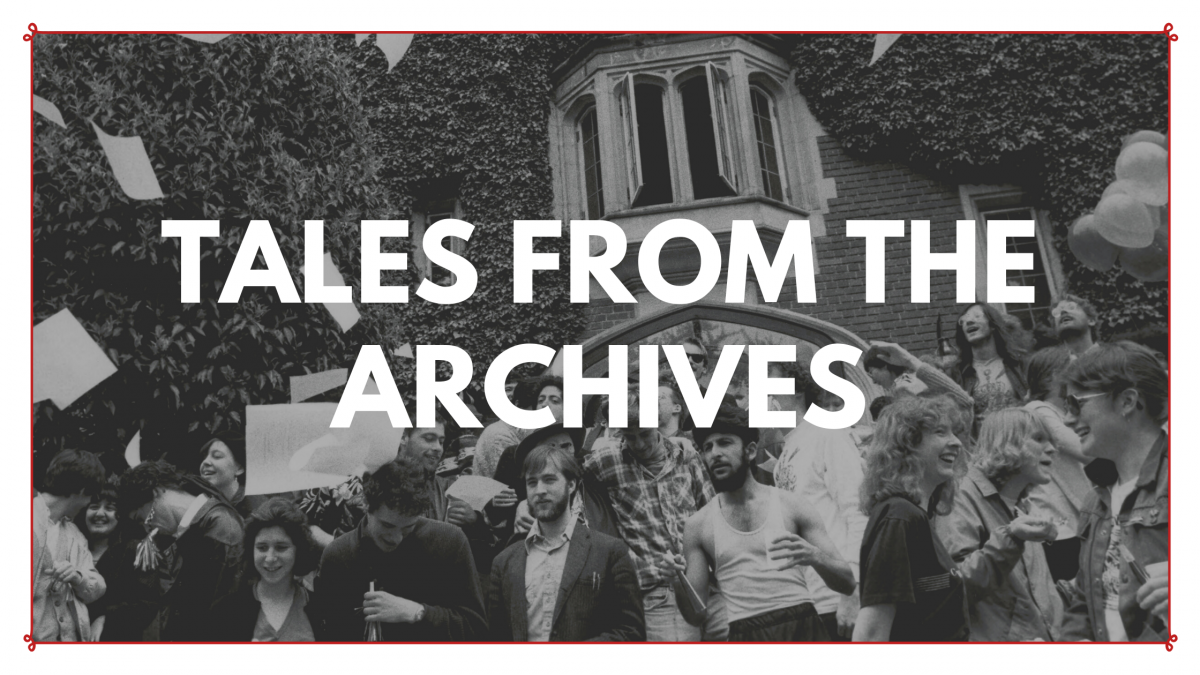
Tales from the Archive: The Big Debate: Graffiti at Reed, 1980-2021
Graffiti at Reed has been a contentious debate for the past four decades amongst both students and faculty. Some have viewed it as a valuable expression of free speech and student autonomy. Others have considered its presence a nuisance, one that degrades the college’s quality and reputation. Most of Reed’s graffiti has taken on a…
-

Tales from the Archive: Divestment and the Occupation of Eliot Hall
In a recent email to the campus community, President Audrey Bilger and Chairman of the Board of Trustees Roger Perlmutter declared that Reed would “prohibit any new investments in public funds or private partnerships that are focused on the oil, gas, and coal industries, including infrastructure and field services… [and] phase out all such existing…
-
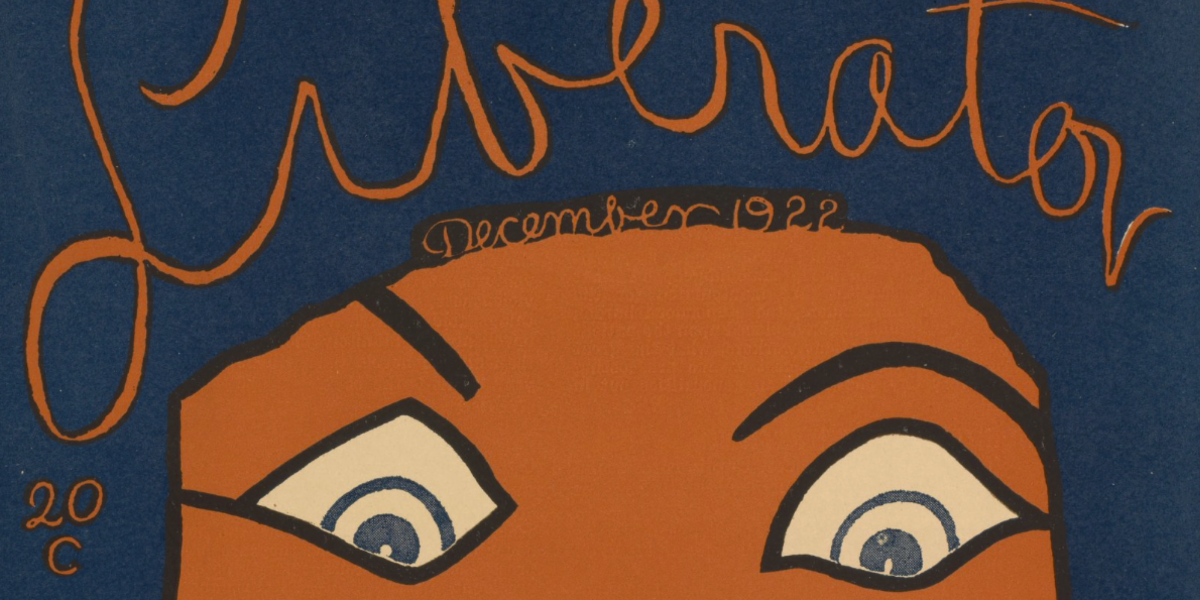
Exhibit: Race, Politics, and Women’s Rights: Visions of a New United States
Many have already heard of The Liberator, the 19th-century abolitionist newspaper created by William Lloyd Garrison. However, a new magazine under the same name emerged in the twentieth century. First published in the spring of 1918, the twentieth century Liberator continued the fight for equality: it focused on worker’s rights, women’s rights, and promoted socialism…
-
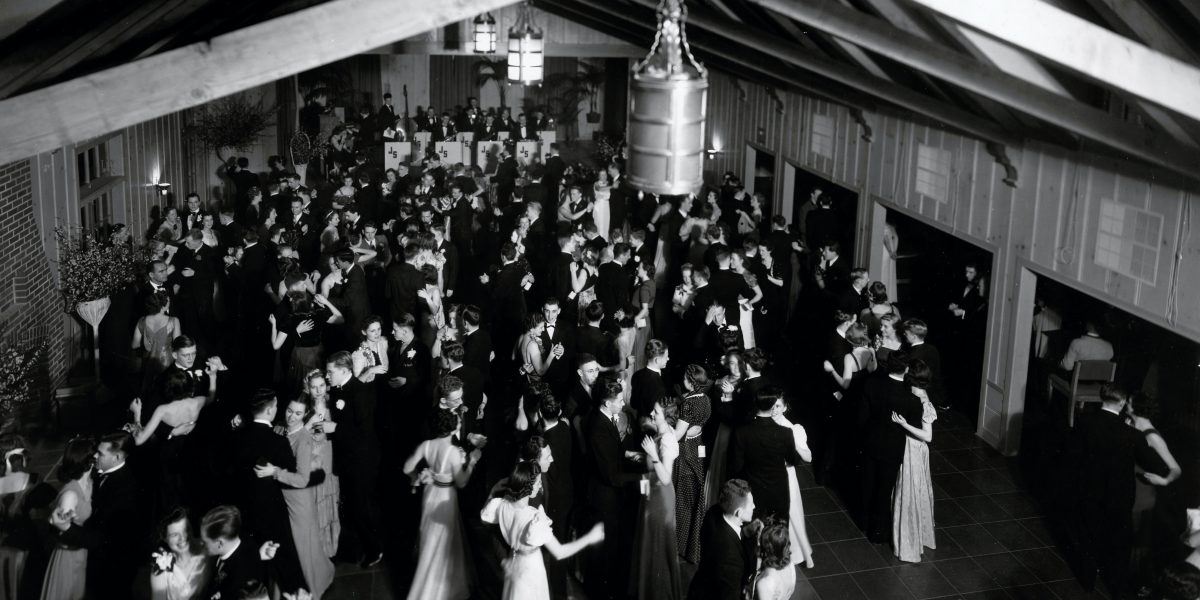
Dancing with Reedies: Reed Balls in the Twentieth Century
Reed’s dance culture has long been an avenue for the student body to build, strengthen, and maintain community. Before Covid, and hopefully after, Reed students organized balls (dances) on campus throughout the academic year. These balls allow the student community to connect, share information, and build relationships across grade levels. Today, these dances choose a…
-
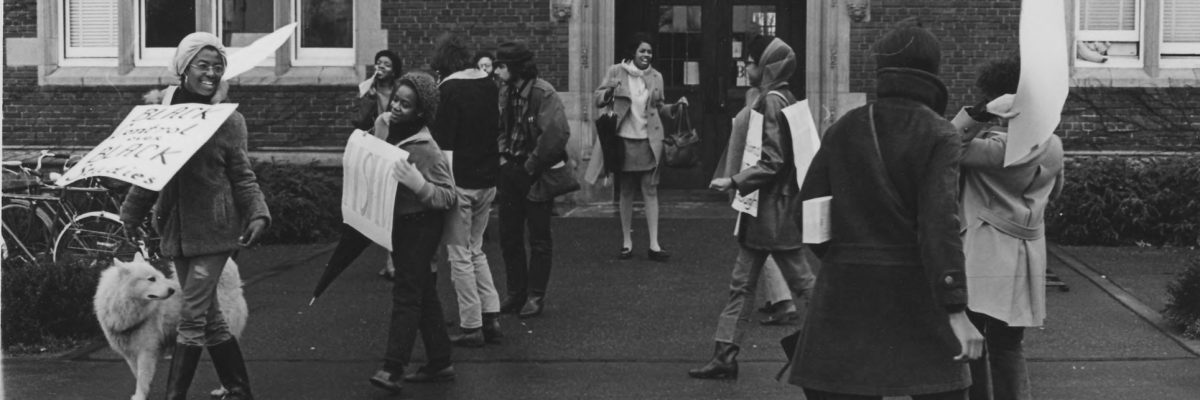
Hidden Histories of Race & Reed
New exhibit! “Hidden Histories of Race & Reed”, developed and curated by Ashley San Miguel and Maya Arigala, opened in the second floor Eliot Hall display cases Friday December 13th. This exhibit uses items from the Reed College Archives to chart the 1968 Black Student Union (BSU) protests to install a Black Studies Center at Reed,…
-
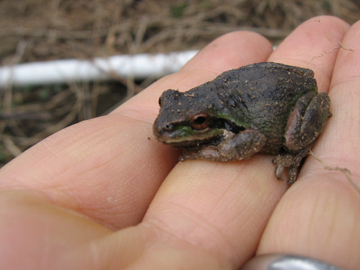
Reed College Canyon: new digital collection now available!
We are excited to announce a new RDC resource: the Reed College Canyon collection! The images in this collection were largely created by Canyon Restoration Manager Zac Perry to document the Canyon from about 1999 to the present. The Reed Canyon was declared a wildlife refuge by the state of Oregon in 1913, and restoration…
